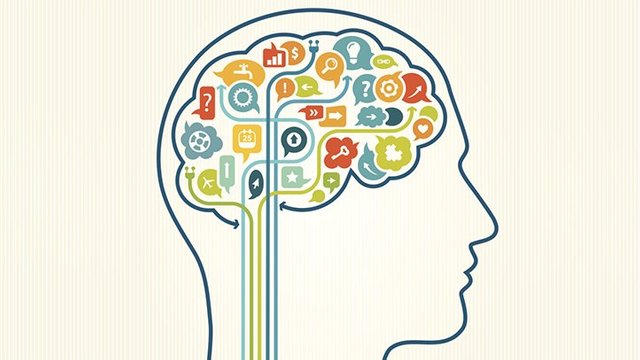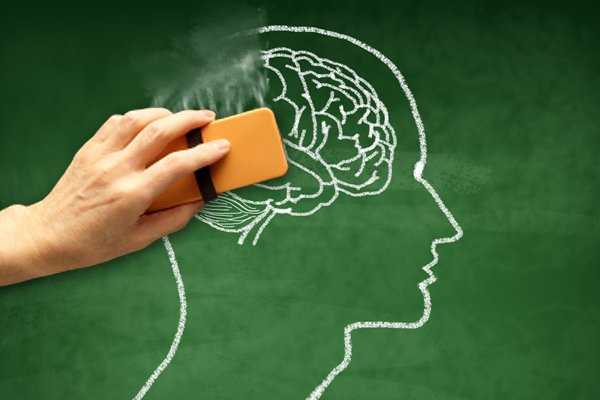Psychological Perspectives In Forgetting: Memory at its Vitality

Can you still recall the name of your first pet or perhaps the name of the person who first broke your heart? How about your happiest birthday celebration, can you still remember what exactly happened? Whether you answer yes or no, clearly it involves memory.

Memory is very vital for us human beings. Imagine life without memory. Everything would be constantly new and unfamiliar. There would be no past experiences. And even the present would be a state of massive confusion because we could not use what we know –our memory, to interpret the world.
However, at some point in time our memory clearly fails us. This is very evident when we are taking the exam. Have you ever experienced struggling in retrieving the answers and sometimes tell yourself “it’s on the tip of my tongue” yet you still unable to retrieve it causing you to pass your paper with an unsure answers. But what pisses you off is right after you handed the paper that is the time where you can now provide answers to the questions. Isn’t it frustrating?

To understand forgetting, two questions need to be confronted. Firstly, why do we forget? Secondly, do we really ever truly forget?
One of the psychological explanations why people forget is that when people don’t practice or use the stored information, that knowledge that you have will eventually decay or fades causing you to have difficulty in retrieving or worse you don’t have anything to retrieve. In psychology they call assumption as the storage decay theory or the use it or lose it principle. If you use that stored information in your daily encounter it will always stay there but if you don’t use it or don’t give value to that stored information we might lose it.

Second explanation why people forget is that people failed to encode those information to their memory, sometimes psychology call this as the encoding failure theory or pseudo-forgetting. At first we are thinking that we have learned something or we believe that we have encoded some information but the truth is we are unsuccessful. So how can you expect a person to retrieve information where in the first place, information never really entered the memory? It is just like we are looking for a 100 peso bill in our wallet yet we know we don’t have money.
Indeed, our memories may sometimes fail us but they are essential for life as we currently experience it. Without memory, we would be lost in the present.

It is informative and valuable post for us ..Waiting your next post..
Thank you.
Lahi rajud kit oou. Pakpak .
@originalworks
The @OriginalWorks bot has determined this post by @jonelq to be original material and upvoted it!
To call @OriginalWorks, simply reply to any post with @originalworks or !originalworks in your message!
Hahahahha salagma
A pretty cool perspective, pretty dope!